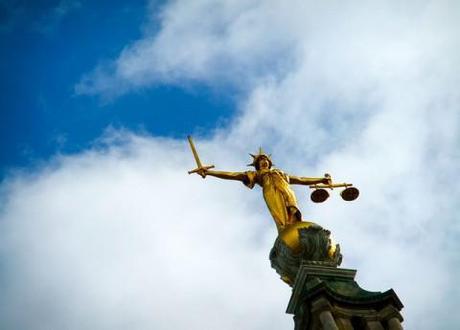
Abu Qatada to be freed: Justice or security threat? Photo credit: James Cridland, http://flic.kr/p/8AqBAj
Radical Islamic cleric Abu Qatada is to be granted bail within days, in a decision guaranteed to provoke a storm of protest. Qatada, once described as ‘Osama bin Laden’s right hand man in Europe’, has been held in immigration detention in Britain for six and a half years, after his original indefinite detention as an international terrorism suspect was overruled. In January, the European Court of Human Rights (ECHR) blocked his deportation to Jordan on the grounds that a trial in the country may use evidence obtained by torture. In the wake of the ECHR decision, the Special Immigration Appeals committee has granted the cleric bail – a ruling strongly opposed by the UK Home Office.
Qatada is still considered to pose a security risk to the UK, according to The Guardian. The cleric will be released on strict conditions, including a 22-hour curfew, no internet access and restrictions on who he can meet.
How did this happen? “Since arriving in Britain from his native Jordan on a fake passport in 1993, the Bethlehem-born Muslim cleric has been a guide and inspiration to myriad jihadists, including 9/11 ringleader Mohammad Atta, shoe bomber Richard Reid, and Abu Musab al-Zarqawi, the late leader of Al Qaeda in Iraq,” pointed out The Wall Street Journal. According to the WSJ, part of the problem is that British security forces apparently “green-lighted” Qatada’s request for asylum, which may explain why he has never been charged with terror offences in the UK. What’s more, the 1998 Human Rights Act effectively forces Britain to show “deference” to the ECHR, said the WSJ.
“This is a dangerous man who we believe poses a real threat to our security and who has not changed in his views or attitude to the UK,” said a Home Office spokesperson, reported the BBC.
Human rights reform. Writing in The Telegraph, Blair Gibbs despaired of the ECHR ruling against deportation that ultimately made Qatada’s bail possible: “The Abu Qatada ruling is the fifth time in recent years that our own highest court has been second-guessed by Strasbourg on a national security case.” Gibbs suggested that now is the time to redefine Britain’s relationship with the ECHR, possibly by introducing a power of “democratic override.” Unpopular human rights rulings actually damage public support for these rights, argued Gibbs: “As long as our democratic authority goes on being undermined by Strasbourg in the name of human rights, both democracy and rights lose out.”
Time to despair. “Only in Britain would we free a man who we acknowledge is a terror suspect from jail despite knowing he still poses a security risk,” wrote James Slack in The Daily Mail. Suggesting that it is entirely possible that Mail readers may bump into the radical cleric on the school run, Slack said that the rest of the world must be laughing at Britain over the decision to grant Qatada bail.
Unfair period of detention. Qatada’s barrister argued that the cleric had been kept in immigration custody longer than any other detainee in history, reported The Guardian: “The period falls into a category of time that is so grave – and indeed unprecedented in the modern era – as to bear no acceptable continuing justification,” said Ed Fitzgerald QC. “It is excessive and inconsistent with fundamental principles.”

